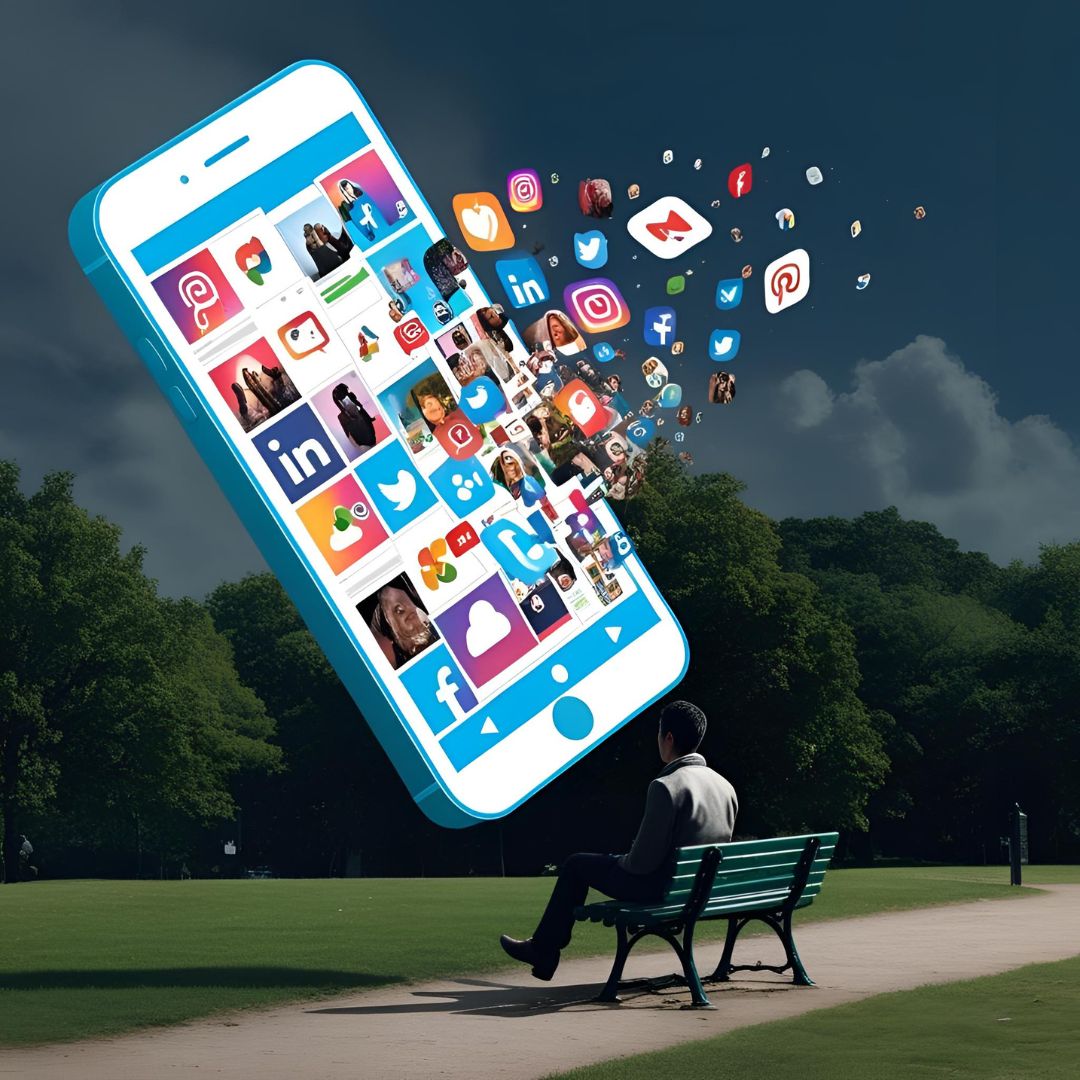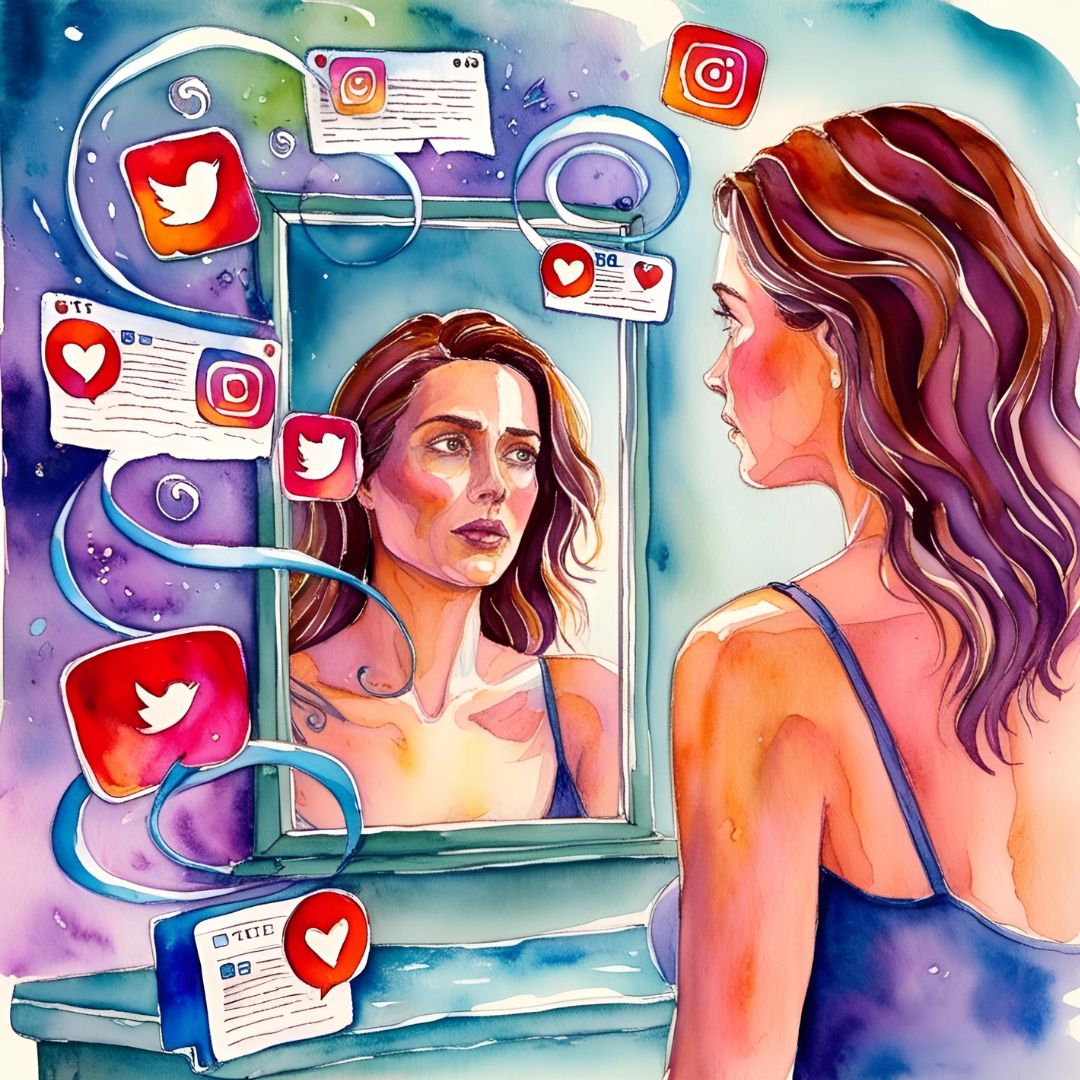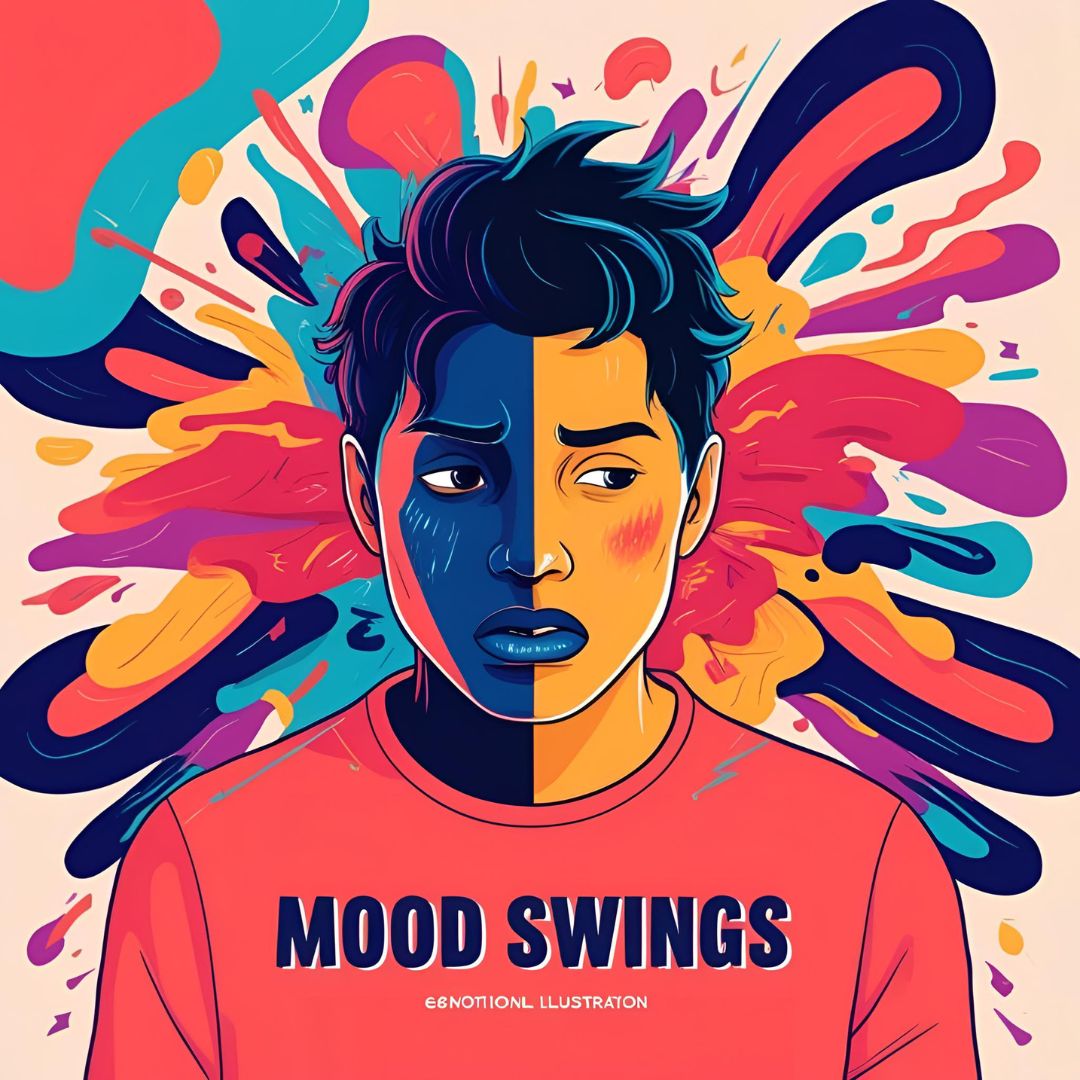LifeHetu
23 Mar 25 10:30 am
Social Media vs. Mental Health - How Scrolling Impacts Your Mood
Discover the impact of social media on mental health. Learn how endless scrolling affects mood, self-esteem, and well-being, and explore strategies for healthier online habits. With online counselling and virtual therapy, you could reclaim your emotional health today!

Introduction
The times have changed and social media has simply become a significant part of our lives. Being such an integral part of our lives, it does hold impact on mental health as well. Scrolling tends to impact your mood, self-esteem and overall health. Different social media platforms like Instagram, Facebook and Twitter where they vouch to offer inspiration and connections but at the same time offer other means of anxiety, depression and stress especially when used inadvertently.
Understanding the patterns of endless scrolling on social media, patterns of staying up at night looking through social media pages, seeking validation through it, following people on social media blindly and more. Social media has an incalculable influence on people nowadays, and it would be an understatement to say that it may change someone's mood.
In this article, we’ll explore the relationship between social media and mental health and how endless scrolling through social media might impact your mood and how it impacts your overall mental wellbeing. At LifeHetu, we provide counselling services from the best psychologists in India
The Psychological Effects of Social Media
Social media influences mental health in both positive and negative ways. Understanding these effects can help users make informed choices about their online habits.
- The Dopamine Effect and Instant Gratification
Social media platforms are designed to trigger dopamine release—the brain’s "feel-good" chemical. Research shows that likes, comments, and shares create a cycle of instant gratification, making social media addictive. However, over time, this reliance on digital validation can reduce real-life satisfaction and increase anxiety when expectations aren’t met.
- Comparison Culture and Self-Esteem Issues
Seeing curated versions of other people’s lives can lead to unhealthy comparisons. A study by the American Psychological Association found that excessive social media use is linked to lower self-esteem, as users may feel inadequate when comparing themselves to influencers, celebrities, or even friends who appear to have a "perfect" life. This can contribute to feelings of worthlessness and dissatisfaction.
- Fear of Missing Out (FOMO)
Scrolling through event photos, vacation posts, or social gatherings can create a fear of missing out. This phenomenon can increase stress and anxiety, making people feel disconnected even when they are not.
- Sleep Disruptions and Increased Stress
Using social media late at night can interfere with sleep due to blue light exposure and the emotional stimulation of content. A study found that poor sleep is linked to increased stress, irritability, and difficulty concentrating, making it essential to set boundaries for nighttime screen use.
- Cyberbullying and Negative Interactions
Online harassment, negative comments, and cyberbullying can lead to emotional distress, social withdrawal, and even depression. Teenagers and young adults are particularly vulnerable to online negativity, which can have long-term psychological effects. According to a report by UNICEF, cyberbullying is a growing concern, impacting the mental well-being of millions worldwide.

How to Use Social Media Mindfully
Social media doesn’t have to harm mental health. With mindful usage, it can be a positive tool for connection, education, and creativity.
- Set Time Limits
Use built-in screen time trackers or third-party apps to monitor daily social media usage. Research suggests that setting time limits can reduce mindless scrolling and encourage more productive activities.
- Curate Your Feed
Unfollow accounts that trigger negative emotions or unhealthy comparisons. Instead, follow pages that promote positivity, mental health awareness, and educational content. A study indicates that exposure to uplifting content can enhance well-being.
- Take Digital Detox Breaks
Regularly unplugging from social media—even for a few hours—can reduce stress and improve mental clarity. Consider weekly "social media-free" days to reset and refresh your mind.
- Engage in Real-Life Activities
Prioritize hobbies, outdoor activities, and face-to-face interactions over virtual ones. Spending time in nature, exercising, or pursuing a passion can improve mental well-being. A study found that spending time outdoors significantly reduces stress levels.
- Be Mindful of Content Consumption
Before scrolling, ask yourself if the content adds value to your life. Avoid doom-scrolling (endlessly consuming negative news) and be conscious of how certain posts make you feel. Research from the Pew Research Centre suggests that excessive news consumption can contribute to heightened anxiety and stress.
Final Thoughts
While social media can foster creativity and connections, it can also exacerbate stress and self-doubt. People can keep a healthier connection with social media by utilizing it with awareness, establishing boundaries, and placing a higher value on in-person contacts.
Think about taking a break or getting professional help from counsellors if social media is having a detrimental effect on your mental health. To reap its benefits while safeguarding your health, you must strike a balance.
Sources
- American Psychological Association. (Year). Study on Social Media and Self-Esteem. Retrieved from www.apa.org
- Pew Research Center. (Year). Impact of Digital Media on Mental Health. Retrieved from www.pewresearch.org
- UNICEF. (Year). Cyberbullying and Its Effects on Mental Health. Retrieved from www.unicef.org
Related Reads. Similar Blogs to Check Out.


